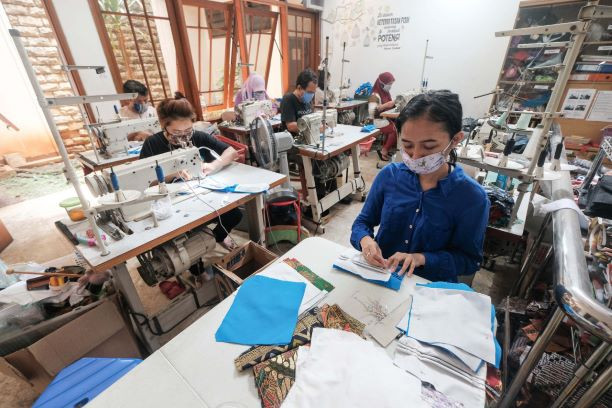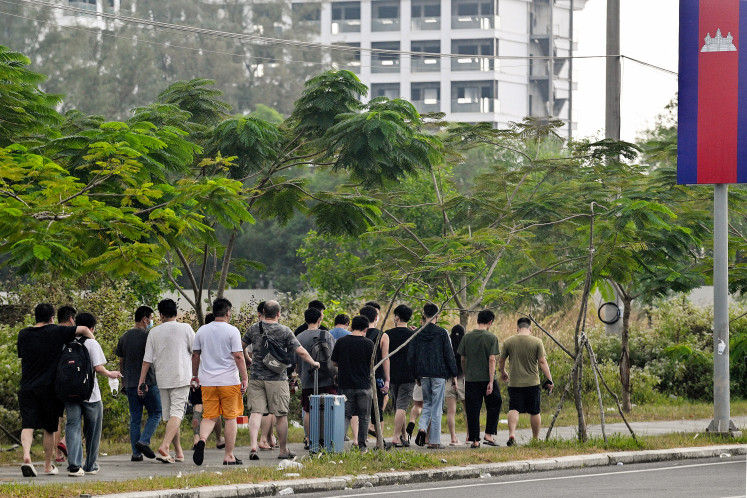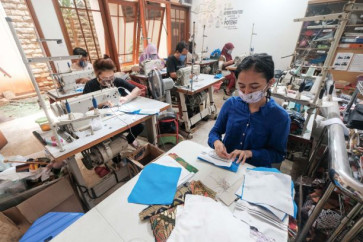Popular Reads
Top Results
Can't find what you're looking for?
View all search resultsPopular Reads
Top Results
Can't find what you're looking for?
View all search resultsA flawed draft KUHAP for persons with disabilities
The ongoing revision of the KUHAP is a crucial opportunity to create a more just, inclusive and human rights-oriented criminal justice system.
Change text size
Gift Premium Articles
to Anyone
A
s the House of Representatives is debating the draft of the revised Criminal Procedure Code (KUHAP), it is important for lawmakers to consider the needs of groups vulnerable to discrimination in legal processes, namely persons with disabilities.
All too often, law enforcement personnel struggle when handling criminal cases involving victims with disabilities, which can stall legal proceedings. The challenge is not a lack of evidence but a lack of understanding of how to properly gather information from these particular victims.
It is a common misconception that people with disabilities cannot provide valid testimony. For instance, it is often assumed that a visually impaired person cannot be a witness because they could not see the alleged perpetrator. However, their testimony could be gathered through other senses, hearing, smell or touch.
As long as the legal system is willing to innovate and use inclusive methods, this testimony can be legally valid.
The ongoing revision of the KUHAP is a crucial opportunity to create a more just, inclusive and human rights-oriented criminal justice system that also accounts for gender. A key step is to strengthen Article 137, which currently only states that “persons with disabilities are entitled to services and infrastructure based on the variety of persons with disabilities at every level of examination.”
This article is too vague. It fails to specify what services the state must provide, such as sign language interpreters, Braille or audio documents or wheelchair ramps. It also does not consider the specific needs of women witnesses, such as a special waiting room to prevent intimidation.
Furthermore, it does not require law enforcement to conduct a specific assessment of a person's disability or gender identity to ensure they receive appropriate services. Crucially, the article does not include penalties for institutions that fail to provide or use these facilities, leaving persons with disabilities at a disadvantage during legal proceedings.



















